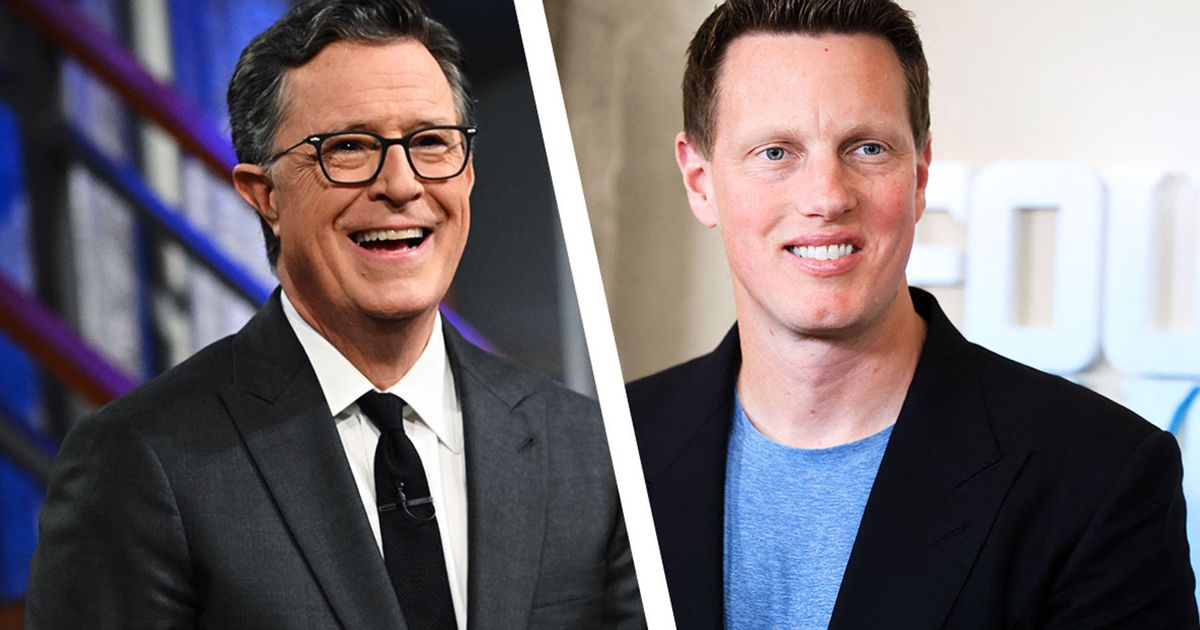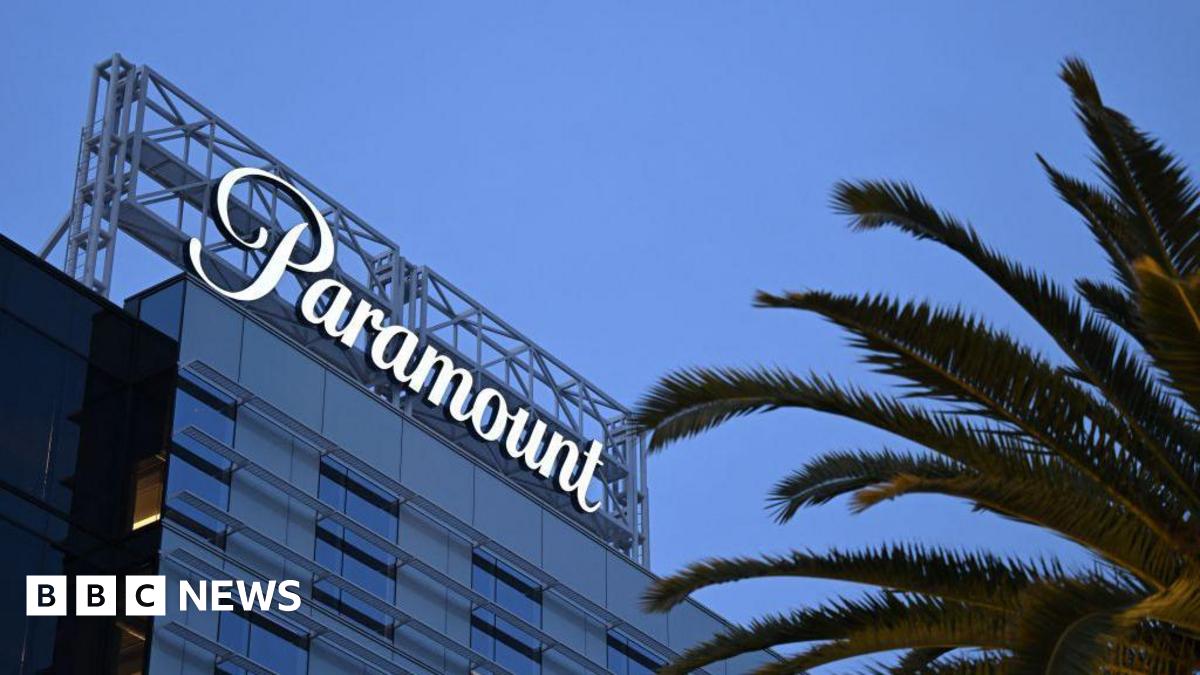T4K3.news
FCC mandates ombudsman for CBS merger
The FCC's approval of Paramount's merger includes a controversial bias monitor requirement.

The FCC's approval of the CBS merger includes a controversial bias monitor requirement.
FCC requires ombudsman for CBS merger under Trump administration
The Federal Communications Commission recently approved Paramount's $8 billion merger with Skydance, but with an unusual condition. As part of the deal, the FCC, led by Chairman Brendan Carr, ordered the implementation of an ombudsman, referred to as a "bias monitor." This monitor is expected to ensure that CBS's news reporting meets specific standards that align with President Donald Trump's expectations. Carr stated that this ombudsman will report directly to the president of Paramount, which raises questions about editorial independence. Previous cases involving ombudsmen, such as the NBC and GE merger, were established to protect editorial integrity rather than impose political bias. The FCC's decision appears to reflect a shift in how regulatory measures may be used in financially influenced media relationships.
Key Takeaways
"One of the things they're going to have to do is put an ombudsman in place for two years."
FCC Chairman Brendan Carr explains the ombudsman's role in monitoring news bias.
"We couldn't find a precedent that would closely match the ombudsman condition being imposed on Paramount."
The FCC acknowledges the lack of similar cases for its decision, indicating its unique and contentious nature.
"This is another in a long line of VICTORIES over the Fake News Media."
Trump describes the merger approval and settlement as a win against perceived media bias.
This requirement for a bias monitor at CBS signifies a concerning trend in media regulation. By imposing conditions that aim to align news content with the preferences of political figures, the FCC risks undermining the independence of the press. This move could set a precedent that discourages media outlets from reporting freely, particularly if they fear retribution based on the politically charged standards of the day. Merger approvals should not be contingent upon editorial compliance with political agendas, as this could profoundly alter the landscape of journalism in the country.
Highlights
- This isn’t about media integrity; it’s a direct line to political control.
- We must ask: who truly owns the news?
- A bias monitor? This is censorship dressed as oversight.
- What does it mean for journalism when a company prioritizes political compliance?
Potential risks of political influence in media
The requirement for a bias monitor at CBS raises significant concerns about political interference in journalism. This decision could threaten press independence and set a precedent for future media mergers under political oversight.
The implications of this decision could reshape media practices and integrity.
Enjoyed this? Let your friends know!
Related News

Skydance Submits New FCC Commitments

Skydance commits to ditching diversity programs at Paramount

Skydance to lead major changes at CBS News

New Paramount merger finalized with numerous challenges ahead

FCC clears $8 billion Skydance-Paramount merger

Skydance Plans to Reshape CBS News

FCC Approves Merger Between Paramount and Skydance

Paramount and Skydance merger set for August finalization
